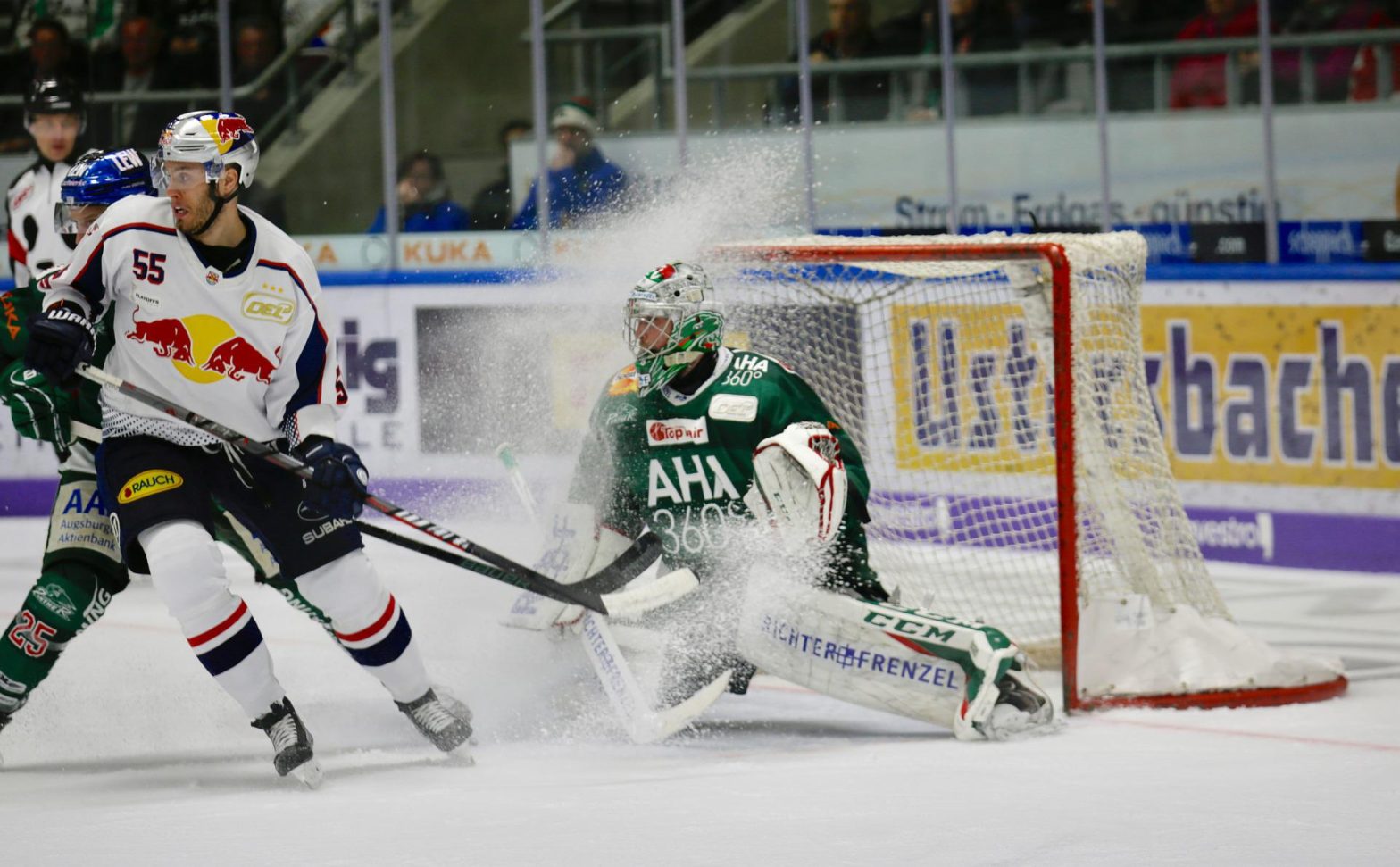The sports betting sales tax has also occupied the German courts in recent years. However, these cases were less about the online providers or the customers, but about the betting shop operators in this country. In the following guide, we have taken a closer look at the issue of sports betting VAT and compiled the most important details.
The trigger – the request of the tax office
The trigger for the point of contention was a calculation by a tax office in Baden-Württemberg. The somewhat overzealous officials of the state had sent a sports betting sales tax notice to an operator of a betting office. The owner of a franchise business, an Austrian bookmaker, was supposed to pay German VAT to the treasury on all his earnings. Fortunately, the businessman was not quite so reasonable. He objected to the payment request and took legal action before the tax court. On the positive side, he directly won a very important result for the industry.
The judges’ decision

The judges made a clear decision in favor of the plaintiff. The sale of sports betting is not subject to sales tax in this country. In this case, the franchisee merely acts as an intermediary between the customer and the bookmaker. Although he participates in this business through a commission, he does not himself provide a service that is subject to sales tax.
Betting in GermanyThis can also be explained very simply, according to the court. The betting office operator itself does not offer sports betting. The betting odds, which serve as the basis of the contract, are made by the bookmaker. Furthermore, the franchisee itself also does not have a sports betting license. This license is only held by the betting provider. In concrete terms, this means that the betting shop operator indirectly participates in the losses of its customers, but does not have to pay for the profits.
In its absurd argumentation, the tax office had stated that the address of the betting office and the name of the cashier were listed on the betting slip. However, this detail was very strikingly removed by the judges. Even in the retail trade with large chains, the address of the branch and the name of the employee appear on the receipt. However, a sales tax liability can by no means be derived from this fact.
The decision of the tax judges from Baden Württemberg has put an end to the issue of sports betting VAT once and for all. In our experience, there have been no further attempts by the tax offices to put betting shop operators under financial pressure after the ruling.
But of course the betting operators pay taxes
Surely, some users will now wonder whether the bookmakers are not subject to any tax liability at all – but of course. The betting providers pay all their sales and profit taxes in their home countries. The bookie in the specific case from the court ruling has to pay its taxes in Austria, for example.
It is precisely at this point that it becomes clear that German legislation is light years behind the facts on the betting market. Since there is no uniform regulation and also no legal basis for sports betting in this country, even the German providers, such as Tipico and Bet3000, are all located abroad. The tax authorities of other countries profit from the tax levies. The otherwise so thrifty and “stingy” Wolfgang Schäuble against at this point huge tax revenues through the rags.
One goes then however nevertheless

But the German state did find one source of revenue – the five-percent betting tax. The special levy was added to the Racing Betting and Lotteries Act in July 2012. Since then, all bookmakers, whether stationary or online, have had to pay five percent of their German turnover to the tax authorities. The decisive factor here is the location from which the player places his bet. In a disguised sense, this can be referred to as a sports betting sales tax, even though it is not one in the legal sense.
The betting tax is handled differently by the bookmakers. In practice, three models have prevailed in recent years.
Calculation at the tip submission: Some betting providers calculate the sports betting tax directly each betting tip submission. Customers who invest, for example, 100 euros on a ticket, bet real only with a net amount of 95.24 euros. Among others, mybet or Bet-at-Home behave in such a legally compliant manner.
Calculation only in the event of a win: The majority of bookies only charge the winning betting tickets. In this case, five percent of the gross proceeds are retained. For example, if the customer wins his tip with a betting odds of 2.0 and a stake of 100 euros, he will only receive 190 euros paid out. The calculation model is used, for example, by Bet365, Interwetten, Bwin or Ladbrokes.
Tax-free betting providers: In addition,’s some online bookmakers, which pay the burden for customers out of their own pockets. The bettors do not come into contact with the tax, neither for won nor for lost tips. Such customer-friendly act Tipico.
In addition, some bookmakers offer a limited betting tax exemption on certain types of bets (e.g. combinations).




